Warner Bros. recently started an exchange program for people with DVDs that are experiencing premature disc rot, which might sound like a bacterial disease from Cyberpunk 2077, but it’s a real thing. Disc rot is a chemical deterioration that can trigger from a variety of causes, but the effect is always the same: the disc becomes unreadable.
3:39
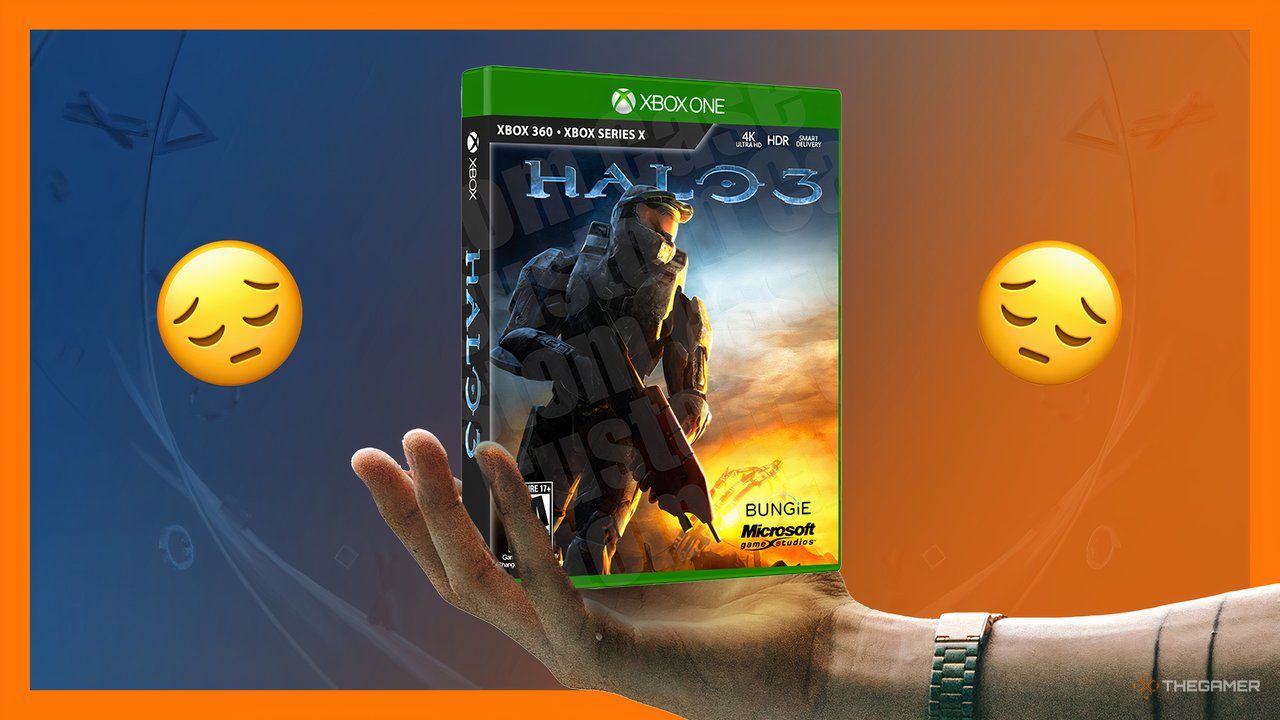
Related
This is an inevitable eventuality for CDs, DVDs, and even Blu-rays. DVDs are expected to last between 30-100 years, and considering the oldest DVDs ever produced (Mars Attacks and Twister, for the record) aren’t even 30 years old yet, it’s clear that Warner Bros. was distributing defective discs at one point, and is now trying to make good by exchanging them. I never knew this was a thing, but it turns out physical media isn’t as permanent as many of us believe. Everything dies eventually – even our movies. Even our games.
Disc Rot Is Coming For Your Classic Game Collection
Disc Rot throws a major wrench in the whole physical vs. digital debate. Game collectors who (rightfully) criticize publishers and platformers for treating digital games like extended rentals that can be altered or taken away from us at any time, usually like to preach to the virtue of owning physical discs. You don’t really own your digital games, but if you own a disc, it’s yours forever. I’m with the physical media zealots in spirit, but learning that all our games will one day be lost to time changes my perspective.
This doesn’t mean true preservation is impossible. Unlike film (90 percent of movies made prior to 1936 have been lost forever) games are new enough that they can all be copied, emulated, and backed up to cloud storage, able to live ‘forever’ (or at least until the heat death of the universe). Ironically, the best way to preserve your physical games is to make digital backups of them.
Given that century-long timeline, maybe you don’t care if all your games stop working after you die. Personally, just thinking about my giant game collection rotting away makes me extremely uneasy – even if I myself am already gone.
You Can Get Ahead Of Disc Rot
Disc rot is caused by things like oxidation, UV light damage, and contamination, so keeping your games in a cool, dry, low-humidity environment will help ensure they survive their full lifetime. But that isn’t ever going to be foolproof. Some discs – like the ones Warner Bros. are offering replacements for, become delaminated over time, and there’s nothing you can do about that. The adhesive that holds the layers of the disc together can de-bond, and once that happens, that disc is never going to work again.
While newer, it’s expected that Blu-rays will actually have a shorter lifespan than CDs.
You can tell if your games are suffering disc rot if there’s discoloration on the bottom of the disc, like spots, streaks, or shadows.
Though they can’t be repaired, it is sometimes possible to still read the info on the disc in order to create a backup, depending on how far gone it is. If you have a lot of original PlayStation games, it’s probably a good time to inspect those discs for signs of disc rot, and ensure they’re being kept in a safe environment.
This is even more reason why preservationists like the Video Game History Museum and companies like Limited Run Games do so much important work to protect and preserve games. I always thought my big zip-up binder full of PS1 games I keep in the garage was safe, but it turns out everything dies – even Tomba 2.

Tomba! 2: The Evil Swine Return
- Released
-
October 28, 1999
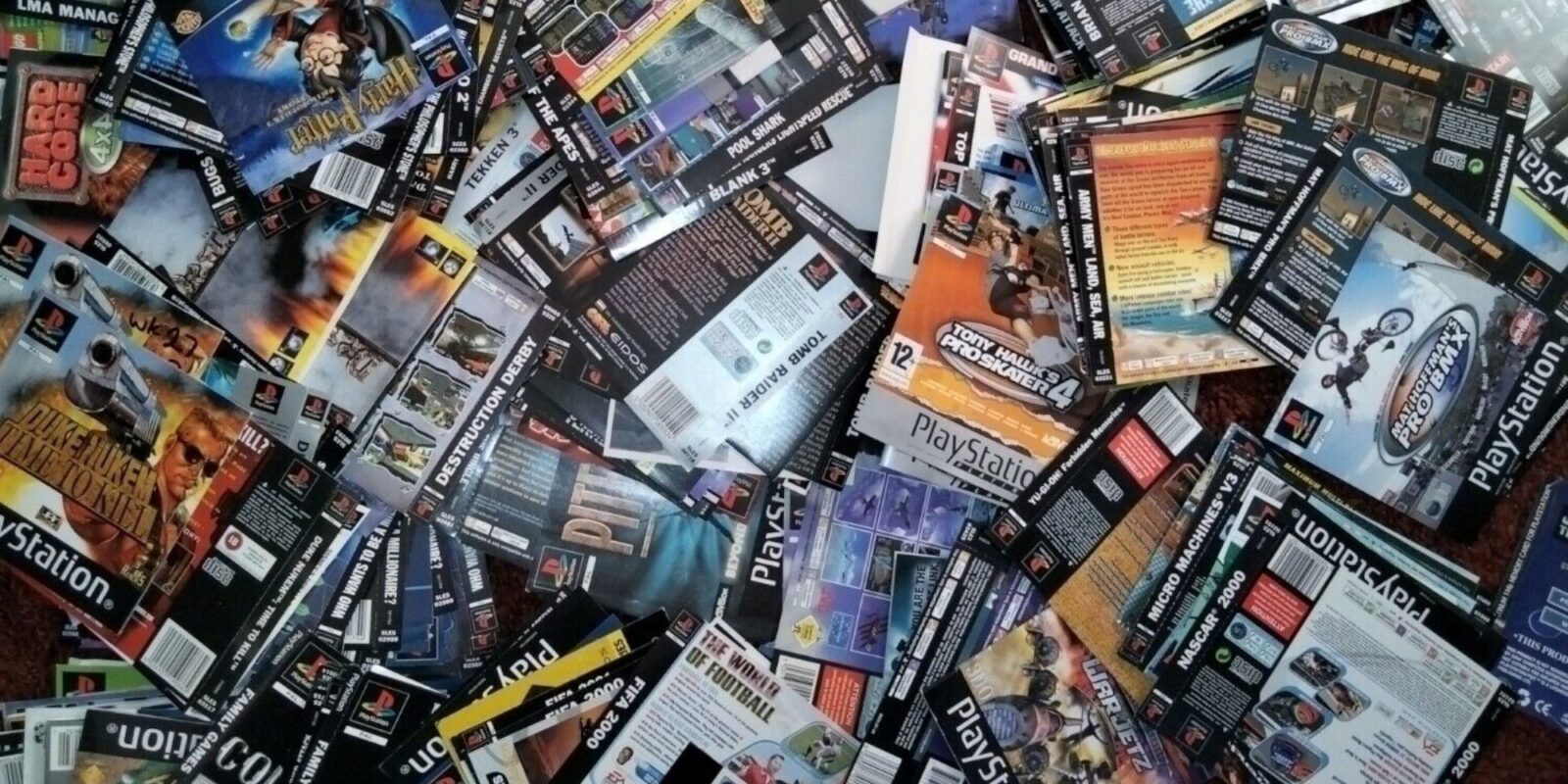

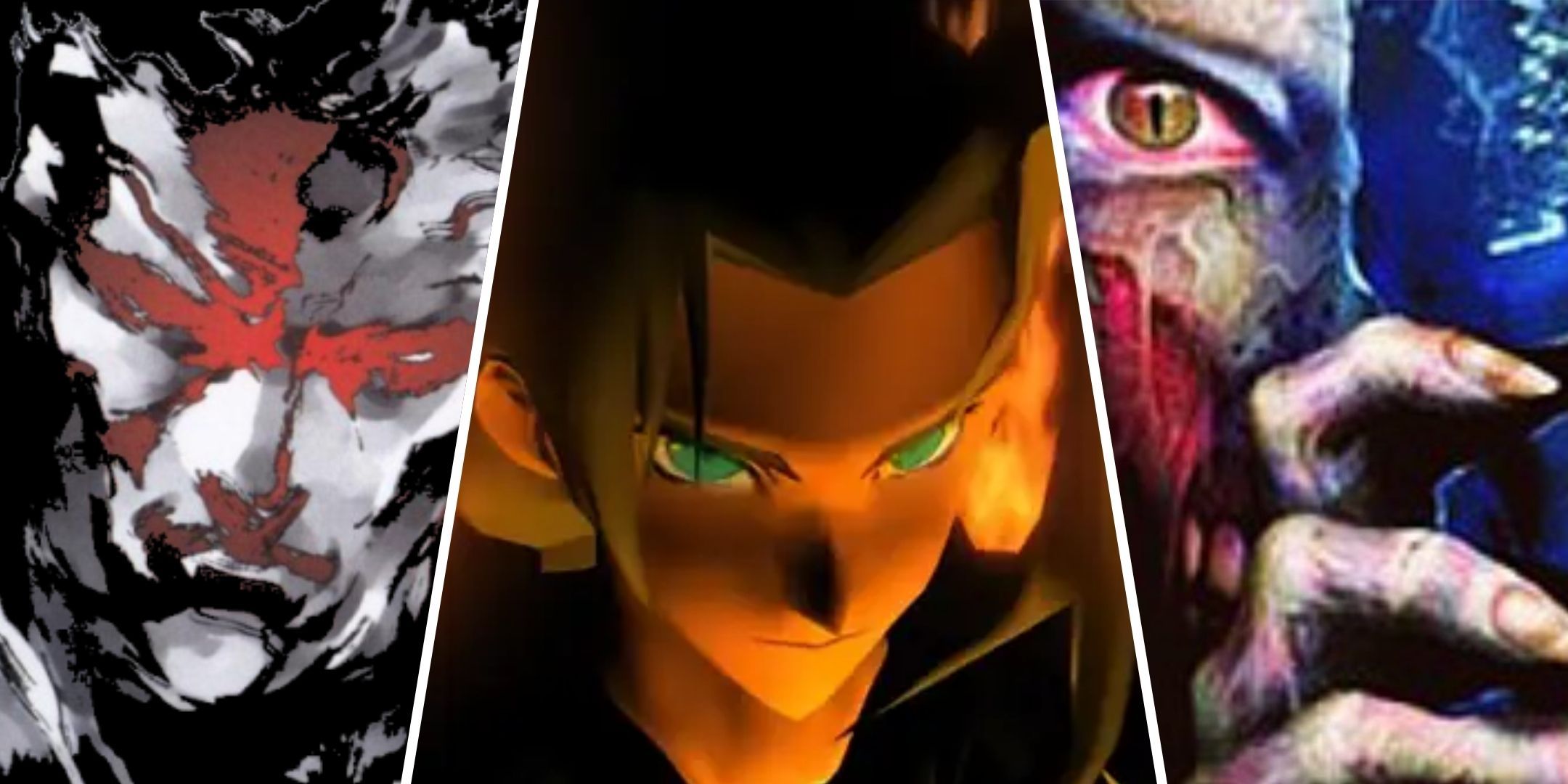
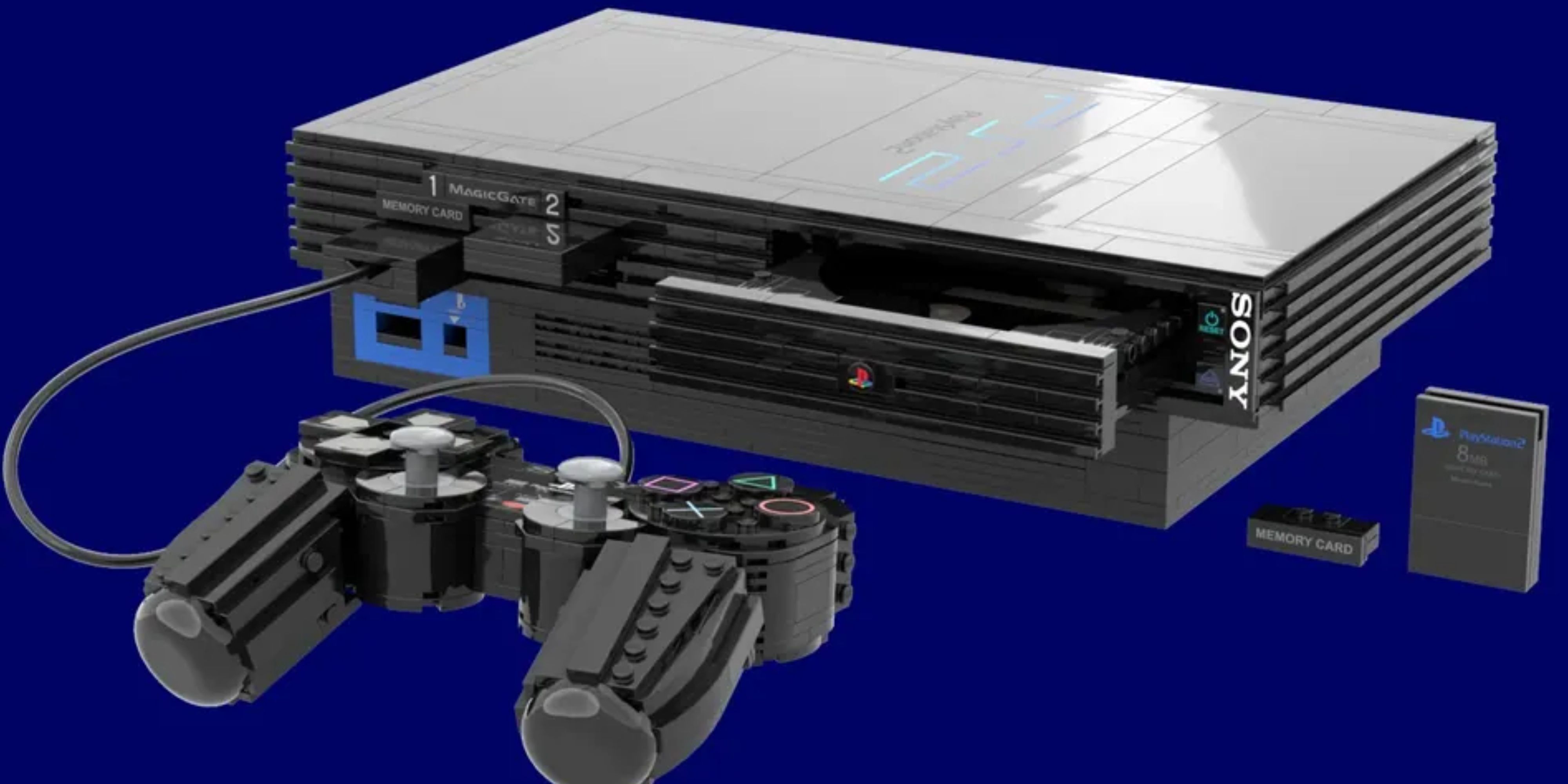
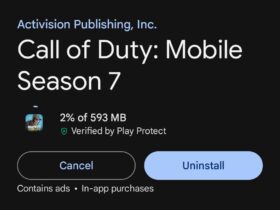









Leave a Reply